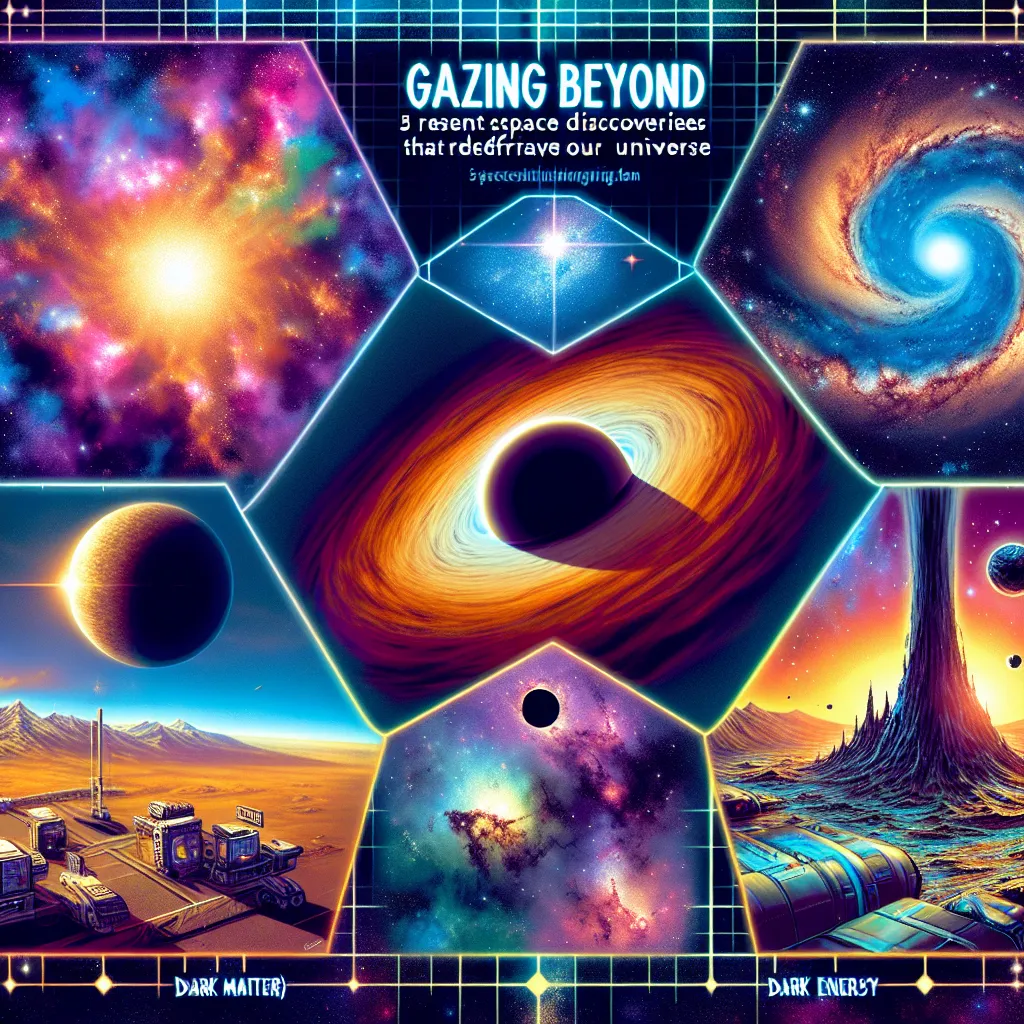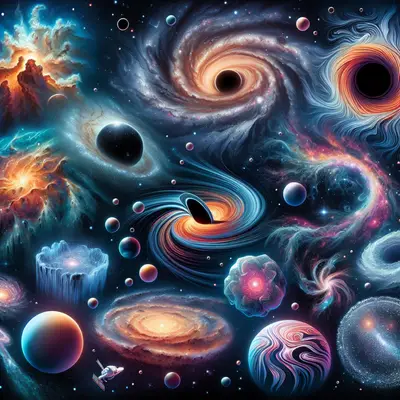1. The First Echoes of a Black Hole
Black holes are the universe's enigmas, swallowing everything, even light itself. But astrophysicists have recently detected “echos” from the edge of a black hole, offering a glimpse into their shrouded interiors. These echoes were caught as light waves bounced off the black hole's event horizon, providing us with an unprecedented understanding of these cosmic entities.
2. The Discovery of Phosphine on Venus
In a surprising twist, scientists found traces of phosphine, a potential bio-signature, in the Venusian atmosphere. On Earth, phosphine is produced by bacteria in oxygen-free environments. While it's not definitive proof of life, it's certainly a tantalizing clue that suggests we may not be alone in the solar system.
3. The Hidden Ocean of Enceladus
Enceladus, one of Saturn's icy moons, has been found to harbor a hidden ocean beneath its frozen surface. This discovery, made by NASA's Cassini spacecraft, indicates the presence of potential habitats for life elsewhere in our solar system. It's a stark reminder that life may exist in places we've never even thought to look.
4. The Fast Radio Burst Mystery
Fast radio bursts, or FRBs, are powerful flashes of radio waves that last only milliseconds. Their origins have continued to baffle scientists, but recent discoveries have traced some FRBs back to their host galaxies billions of light-years away. This breakthrough could help scientists understand what causes these mysterious bursts, uncovering more about our universe's history in the process.
5. The Galaxy Without Dark Matter
Dark matter is thought to be the cosmic glue that binds galaxies together. Yet, in a paradigm-shifting discovery, scientists found a galaxy almost completely devoid of dark matter. This discovery challenges our current understanding of how galaxies form and evolve, opening up new avenues of cosmological research.
Conclusion
The universe is far more vast and complex than we could ever comprehend. But through these discoveries, we inch ever closer to understanding our place in the cosmos. As we continue to gaze beyond the stars, who knows what other wonders await us in the cosmic abyss?



